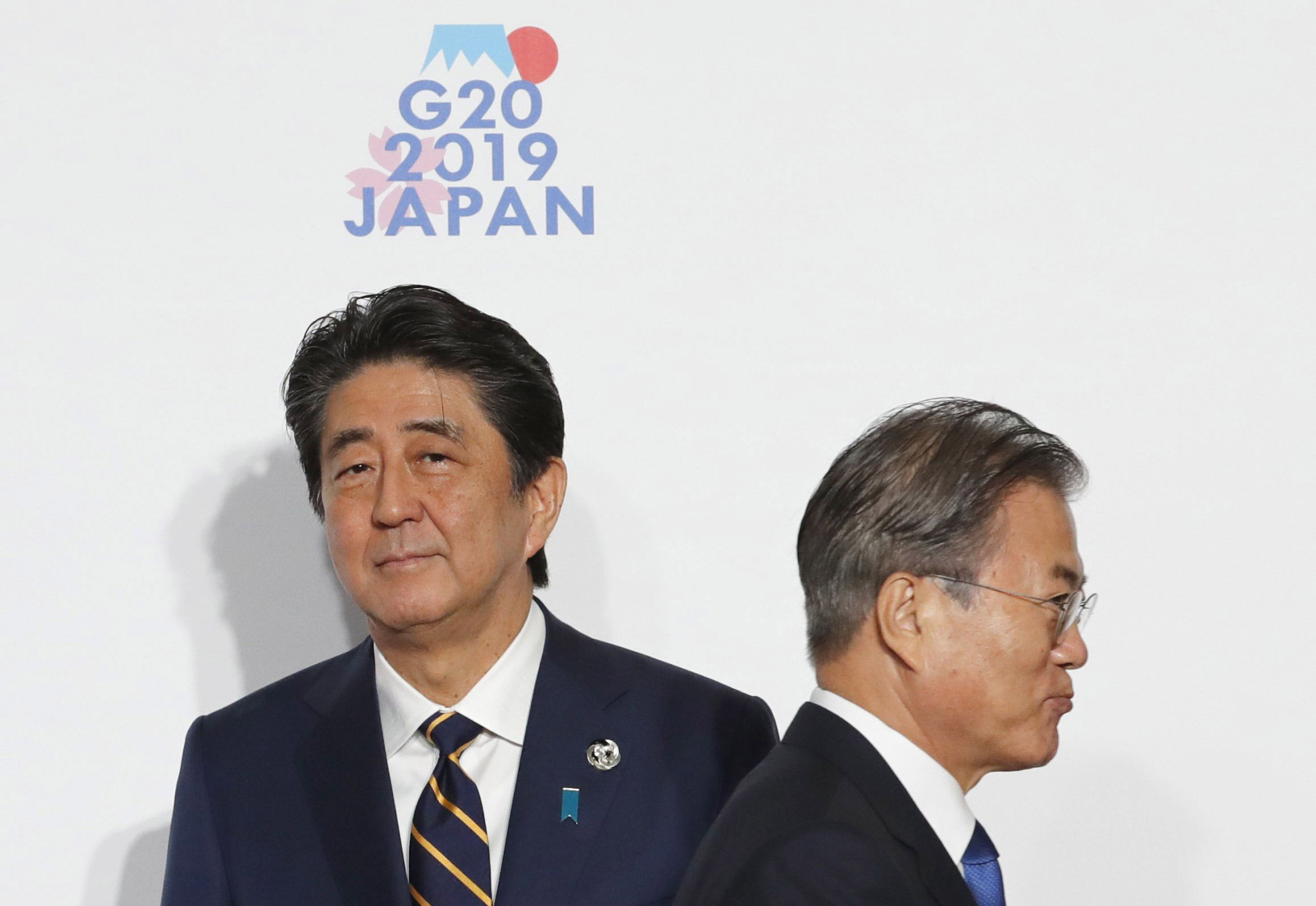From British Prime Minister Boris Johnson's overwhelming election victory to the vote to impeach U.S. President Donald Trump, 2019 has been a year full of unpredictable outcomes. For Japan, on the other hand, the first year of the Reiwa Era will be drawing to an end with a to-do list that has been completed without a hitch.
From the enthronement of the new emperor to the hosting of the Group of 20 summit in Osaka and an Upper House election outcome that was in line with expectations, Japan has been a relative oasis of calm amid the global turmoil. The lack of major drama was undoubtedly a source of strength for Tokyo. But looking ahead, what Japan needs is to capitalize on that stability and take risks to address very real longer-term challenges.
The fact of the matter is that Japan's status quo is a weakness as it is a strength. Politically, the latest election results have highlighted the inability of opposition parties to provide compelling alternative visions for economic growth, social stability and defense, rather than demonstrating active support for the ruling Liberal Democratic Party. Yet just as much as the opposition has failed to mobilize against Prime Minister Shinzo Abe, the LDP too has become far too complacent and dependent on Abe's leadership to drive Japan forward at a time when the country is facing seismic challenges.


















With your current subscription plan you can comment on stories. However, before writing your first comment, please create a display name in the Profile section of your subscriber account page.